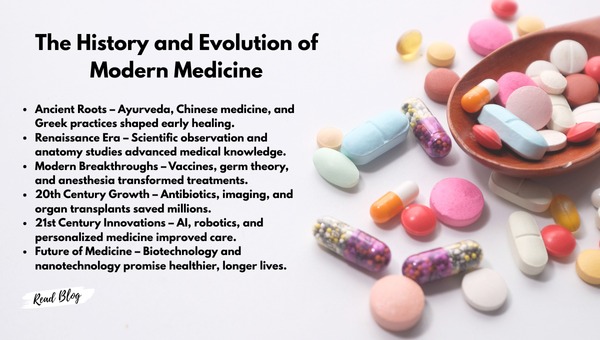The History and Evolution of Modern Medicine
Aug 25, 2025
Medicine has always been at the heart of human survival. From ancient herbal remedies to today’s advanced surgeries and biotechnology, the history and evolution of modern medicine is a fascinating journey that reflects the progress of science, culture, and society. Understanding how medicine developed helps us appreciate the knowledge we have today and how far humanity has come in treating diseases and improving healthcare.
Ancient Medicine: The Roots of Healing
The earliest forms of medicine were based on natural remedies, rituals, and spiritual beliefs. Ancient civilizations such as Egypt, India, China, and Greece played a vital role in the history of medicine.
- Egyptian medicine relied on herbal treatments, surgical techniques, and spiritual healing practices.
- Ayurveda in India, one of the world’s oldest medical systems, emphasized balance between body, mind, and spirit using herbs, diet, and yoga.
- Traditional Chinese Medicine (TCM) introduced acupuncture, herbal medicine, and holistic healing concepts that are still used today.
- Greek medicine, particularly the works of Hippocrates (known as the “Father of Medicine”), established the idea that illnesses had natural causes, not just supernatural explanations.
These ancient systems laid the foundation for modern medical science, proving that observation, documentation, and experimentation were essential in healthcare.
The Middle Ages and Renaissance: The Transition Period
During the Middle Ages, medicine in Europe was heavily influenced by religion. Treatments often involved prayers and herbal remedies, but limited scientific progress was made. However, in the Islamic world, scholars like Avicenna (Ibn Sina) advanced medical knowledge with works such as The Canon of Medicine.
The Renaissance period marked a turning point in the evolution of medicine. Scientists like Andreas Vesalius revolutionized the study of human anatomy, while the invention of the printing press helped spread medical knowledge. This period encouraged observation, experimentation, and questioning of traditional beliefs, shaping the future of healthcare.
The Birth of Modern Medicine: 17th–19th Century
The 17th to 19th centuries saw the rise of modern medical practices. Important discoveries and innovations transformed medicine into a science-based discipline.
- Microscopy: Antonie van Leeuwenhoek’s discovery of microorganisms opened the door to microbiology.
- Vaccination: Edward Jenner’s smallpox vaccine in 1796 was a breakthrough in preventive medicine.
- Germ Theory: Louis Pasteur and Robert Koch demonstrated that diseases were caused by microbes, revolutionizing treatment and hygiene practices.
- Anesthesia & Surgery: The introduction of anesthesia made surgeries less painful and more advanced.
These milestones represent a critical phase in the history of modern medicine, shifting healthcare from traditional remedies to evidence-based practices.
The 20th Century: Rapid Advancements in Medicine
The 20th century was a period of remarkable growth in medical science. Some key highlights include:
- Antibiotics: The discovery of penicillin by Alexander Fleming in 1928 saved millions of lives.
- Medical Imaging: X-rays, CT scans, and MRI scans improved disease diagnosis and treatment.
- Vaccines: Widespread immunization programs helped control deadly diseases like polio, measles, and tuberculosis.
- Organ Transplants & Surgery: Surgeons mastered techniques for heart, kidney, and liver transplants.
- Pharmaceutical Industry: Development of new drugs for chronic illnesses, mental health, and infectious diseases changed the scope of treatment.
This period also emphasized public health systems, hygiene, and preventive medicine, making healthcare more accessible worldwide.
Modern Medicine in the 21st Century
Today, modern medicine continues to evolve rapidly with the help of technology and research. Some current innovations include:
- Digital Health & Telemedicine: Remote consultations and online pharmacies are transforming patient care.
- Genomics & Personalized Medicine: Treatments are being tailored to individual genetic profiles.
- Artificial Intelligence in Healthcare: AI is helping in diagnostics, medical imaging, and drug discovery.
- Robotics & Minimally Invasive Surgery: Robots assist surgeons in performing precise and less painful operations.
- Regenerative Medicine & Stem Cell Therapy: Scientists are exploring ways to heal damaged organs and tissues.
The focus of modern healthcare is not only on curing diseases but also on prevention, patient-centered care, and global health initiatives.
The Future of Medicine
Looking ahead, the evolution of medicine is expected to bring even more revolutionary changes. With advancements in biotechnology, nanotechnology, and artificial intelligence, the future promises:
- Faster and more accurate diagnosis
- Cures for currently incurable diseases
- Longer and healthier lifespans
- Improved mental health treatments
- Affordable healthcare through technology
The journey of medicine proves that human curiosity, innovation, and perseverance will continue to shape a healthier future for generations to come.
Conclusion
The history and evolution of modern medicine is a story of resilience, discovery, and progress. From herbal remedies in ancient civilizations to artificial intelligence in today’s hospitals, medicine has continuously adapted to the needs of society. Understanding this evolution not only highlights past achievements but also inspires us to embrace future innovations in healthcare.
Keywords used: history of medicine, evolution of medicine, modern medicine, ancient medicine, healthcare, medical science, history and evolution of modern medicine, modern healthcare, medical advancements.
Recent Post
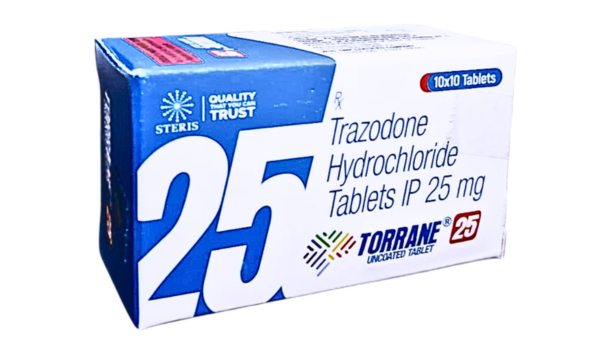
Trazodone Hydrochloride 25 mg : Uses, Benefits, and Safe Sleep Solutions

Why Multivitamin and Multimineral Tablets Are Essential for Daily Health and Energy Support.
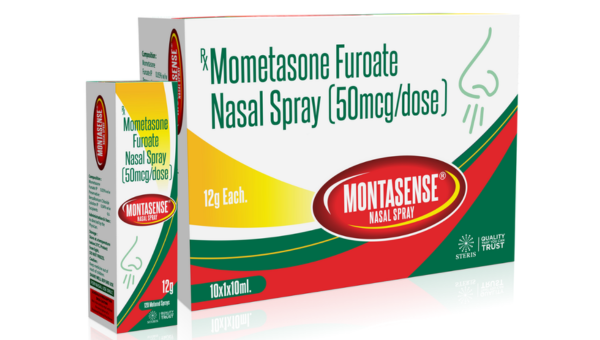
Mometasone Nasal Spray : A Trusted Solution for Daily Allergy Relief
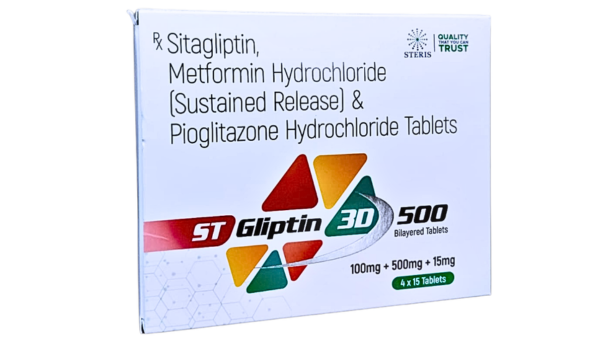
Sitagliptin 100 mg, Metformin SR 500 mg & Pioglitazone 15 mg in Triple Diabetes Therapy

Baclofen Sustained Release 30 mg: Benefits, Uses, and Safety Tips

EUROSOFT Light Moist Cream: The Secret to Daily Hydration and Soft Glowing Skin
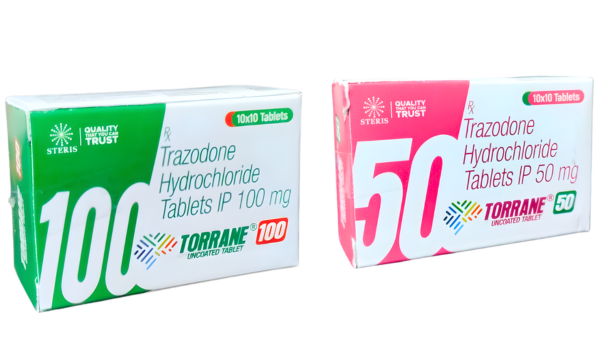
Trazodone Hydrochloride 50 mg & 100 mg – Effective Relief for Depression, Anxiety & Sleep Issues
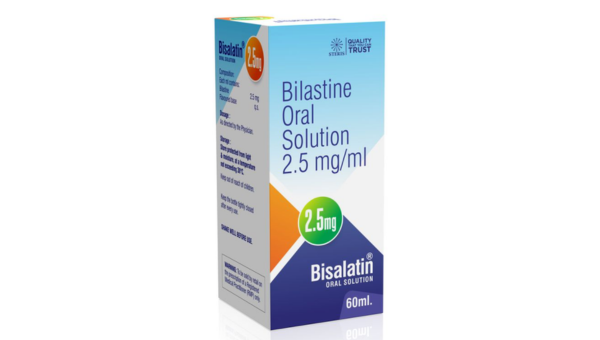
Bilastine 2.5mg Oral Solution – Pediatric Allergy Relief Syrup

N-Acetyl L-Cysteine (NAC), Pine Bark Extract & Resveratrol Tablets: Ingredients and Health Benefits
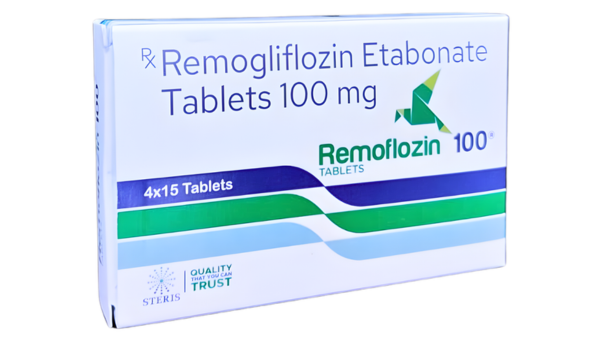
Remogliflozin Etabonate 100 mg: Benefits, Uses & Safety Guide

